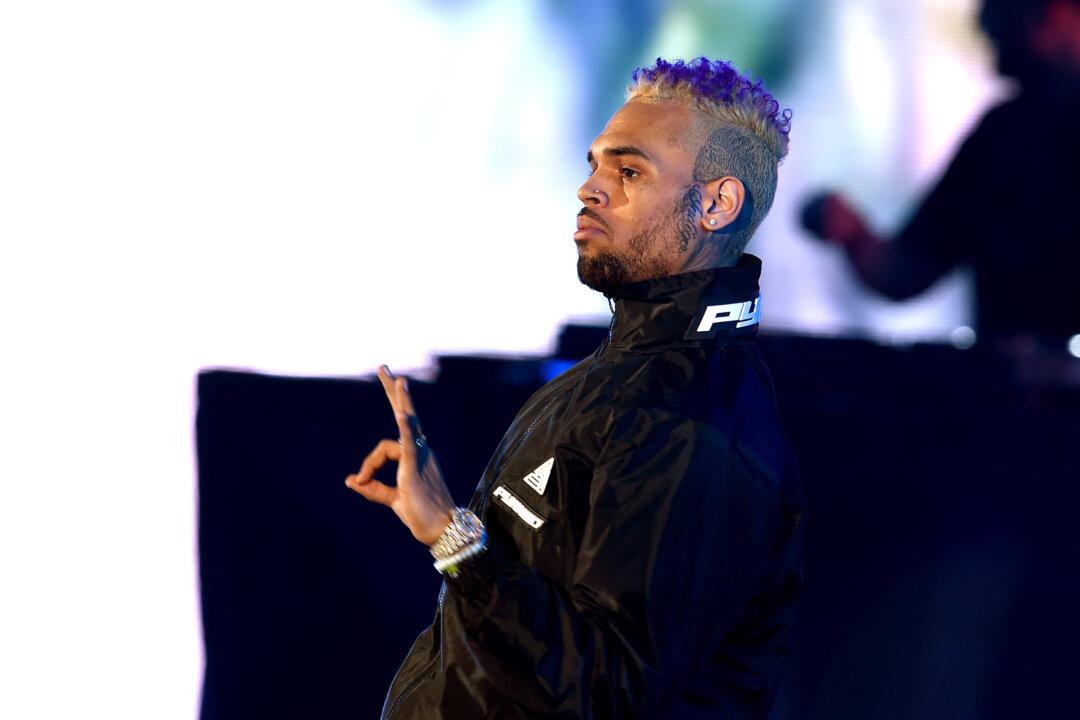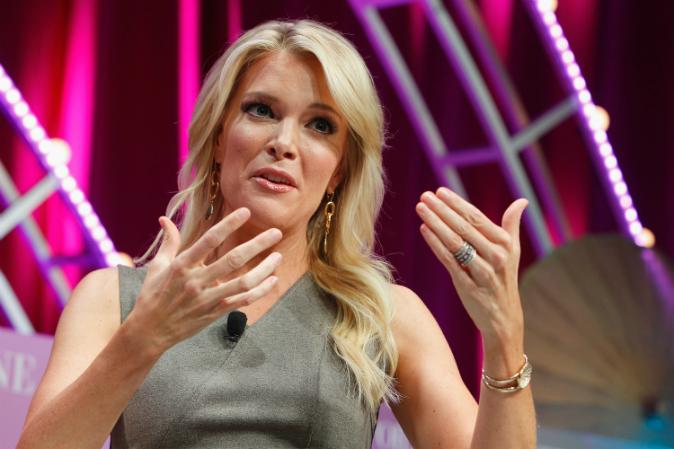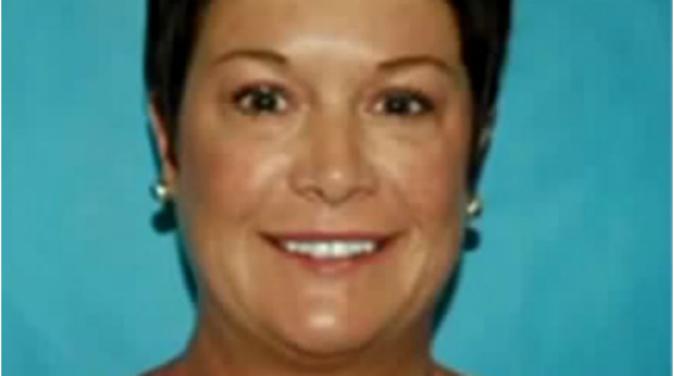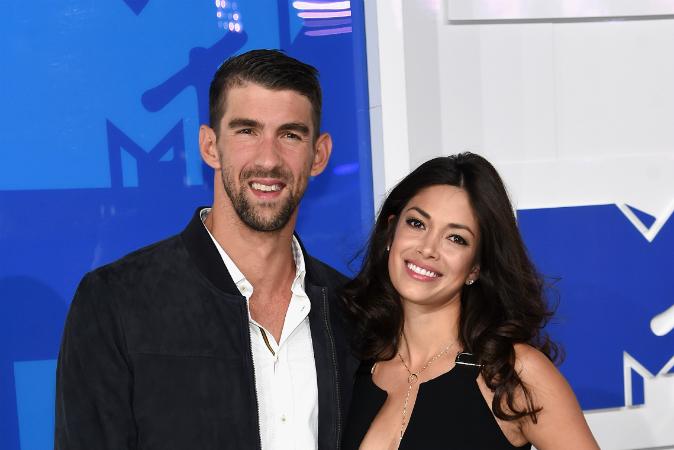In the wake of recent tragedies throughout the nation, the United States appears to be struggling to find a solution to the divisions in society. Epoch Times visited Bryant Park and asked New Yorkers: “In the wake of recent shootings, how do we as a nation unite?” and “If you were to sit with government officials, what advice would you give them on how to bring the nation together?”
We Asked New Yorkers: After the Shootings, How Do We Unite?
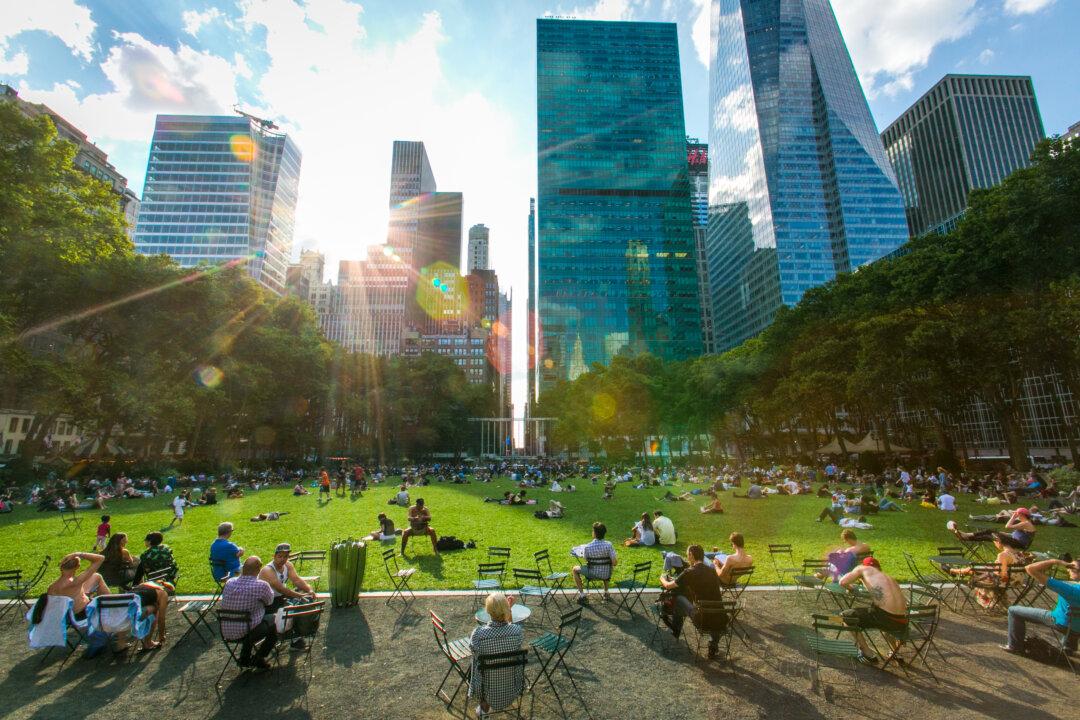
People enjoy a summer evening performance at Bryant Park in Manhattan on July 10, 2015. Benjamin Chasteen/Epoch Times
|Updated:

